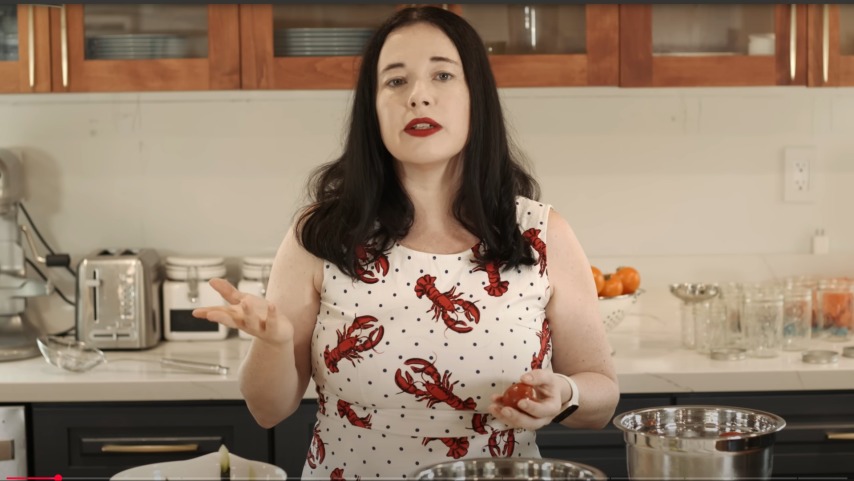Lindsay Ellis examines how Ms. Rachel indoctrinates kids with dangerous concepts like empathy
The fundraiser accompanying the YouTube video has already brought in nearly $500,000 in donations for the Palestinian Children's Relief Fund.
Screenshot: Lindsay Ellis/YouTube
Earlier this year, children’s entertainer and YouTuber Ms. Rachel attracted both praise and criticism for speaking out against world leaders enabling a genocide in Gaza. That Ms. Rachel (off-screen Rachel Accurso) would speak up for children who happen to be living in a place being actively decimated by a neighboring government caught the “leave politics out of children’s media” crowd off-guard. But teaching children about empathy has been a cornerstone of children’s education and media, and the current effort to demonize empathy is actually being used for political ends, as fellow YouTuber Lindsay Ellis argues in a new video.
 Keep scrolling for more great stories.
Keep scrolling for more great stories.
